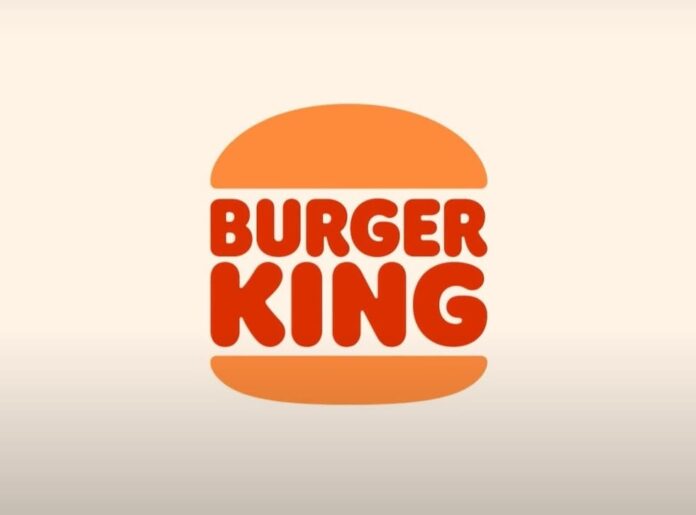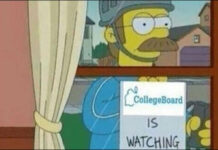By James Liu
Source: Burger King/YouTube
Burger King, everyone’s favorite runner up to McDonalds, has always had a pretty bad history of advertising. Most recently, and noteworthy, the company made some very controversial posts on Twitter for International Women’s Day, an important holiday celebrating the accomplishments of women around the world and the continuing struggle for rights such as equal pay.
Burger King decided to celebrate the occasion with an awfully bold and brazen tweet, claiming first that “Women belong in the kitchen” before attempting to turn their seemingly sexist stance around in a reply to that tweet that adds on that women belong in the kitchen “If they want to, of course” by promoting their attempts to allow more women to pursue culinary education, citing that only 20% of chefs are women. This intentionally inflammatory self-promotion received a lot of criticism, mainly at the fact that the positive news was hidden as the first reply with the sexist messaging being front and center. Burger King has since deleted the message and apologized.
However, this isn’t the first time that Burger King has tried and failed to promote themselves through controversial means, and it’s unlikely that it will be the last. Last summer, the company attempted to advertise through online video live streams in their “The King of Stream” campaign. By utilizing text to speech functions that were meant for viewers to be able to comment and interact with the stream, Burger King was able to advertise to unsuspecting viewers and streamers for as low as five dollars. This caused some backlash because of the disparity between how much Burger King could pay to sponsor these smaller creators and how much they actually paid them. However, it definitely didn’t attract as much attention for Burger King to target Twitch streamers than half of the world population on a day dedicated to that population’s accomplishments. In fact, Burger King still hasn’t deleted their video promoting “The King of Stream,” which has a 9% like ratio.
It’s pretty clear that Burger King needs to change up their advertising strategy fast. From bullying streamers to mixed messaging towards women, Burger King’s ad campaigns have fallen flat and generally dissuaded rather than attracted audiences.










